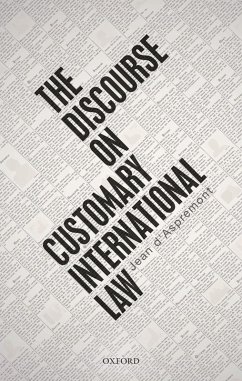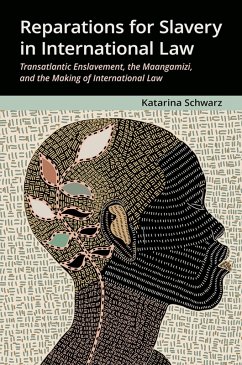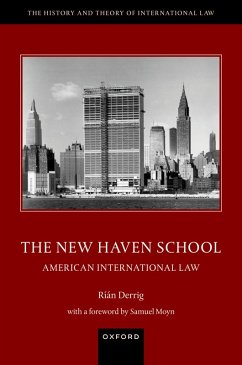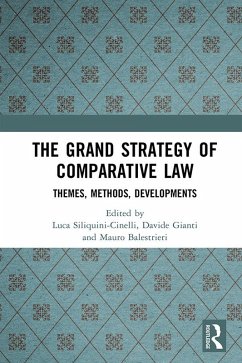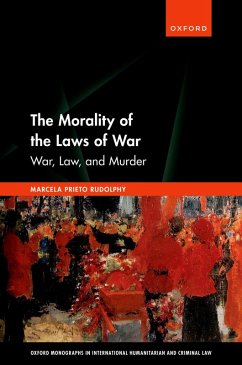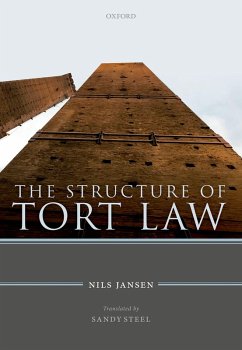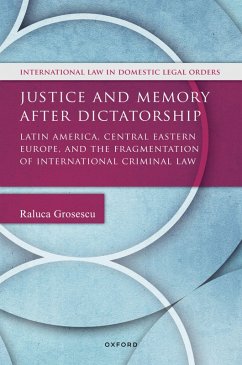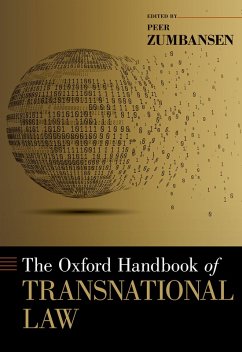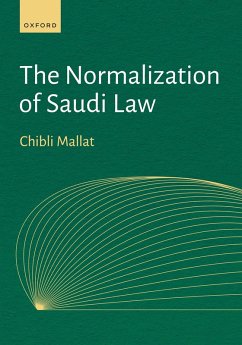
The Invention of Custom (eBook, PDF)
Natural Law and the Law of Nations, ca. 1550-1750
Versandkostenfrei!
Sofort per Download lieferbar
46,95 €
inkl. MwSt.
Weitere Ausgaben:

PAYBACK Punkte
23 °P sammeln!
The concept of customary international law, although differently formulated, is already present in early modern European debates on natural law and the law of nations. However, no scholarly monograph has, until now, addressed the relationship between custom and the European natural law and ius gentium tradition. This book tells that neglected story, and offers a solid conceptual framework to contextualize and understand the 'problematic of custom', namely how to identify its normative content. Natural law doctrines, and the different ways in which they help construct human reason, provided cus...
The concept of customary international law, although differently formulated, is already present in early modern European debates on natural law and the law of nations. However, no scholarly monograph has, until now, addressed the relationship between custom and the European natural law and ius gentium tradition. This book tells that neglected story, and offers a solid conceptual framework to contextualize and understand the 'problematic of custom', namely how to identify its normative content. Natural law doctrines, and the different ways in which they help construct human reason, provided custom with such normative content. This normative content consists of a set of fundamental moral values that help identify the status of custom as either a fundamental feature or an original source of ius gentium. This book explores what cultural values and practices facilitated the emergence of custom and rendered it into as a source of the law of nations, and how they did so. Two crucial issues form the core of the book's analysis. Firstly, it qualifies the nature of the interrelation between natural law and ius gentium, explaining why it matters in relation to our understanding of the idea of custom. Second, the book claims that the process of custom formation as a source of law calls into question the role of the authority of history. The interpretation of the past through this approach can thus be described as one of 'invention'.
Dieser Download kann aus rechtlichen Gründen nur mit Rechnungsadresse in A, B, BG, CY, CZ, D, DK, EW, E, FIN, F, GR, HR, H, IRL, I, LT, L, LR, M, NL, PL, P, R, S, SLO, SK ausgeliefert werden.





